Does Creatine Make You Fat? Understanding the Facts
Creatine has long been a favorite supplement among fitness enthusiasts and athletes looking to improve their strength, energy, and muscle-building potential. Despite its popularity, creatine is often misunderstood, with one of the most common misconceptions being that it causes fat gain. Does creatine really make you fat? Or is it simply a misunderstanding of how it affects the body? Let’s explore these questions in detail and set the record straight.
What is Creatine?
Creatine is a naturally occurring compound found in small amounts in foods like red meat and fish, and it’s also synthesized by the body in the liver, kidneys, and pancreas. It plays a critical role in producing adenosine triphosphate (ATP), the energy currency of the cells, especially during high-intensity and short-duration activities such as sprinting or weightlifting.
When you supplement with creatine, you increase your body’s stores of phosphocreatine, which in turn enhances the production of ATP. This boost helps you perform more reps, lift heavier weights, and recover faster between sets. Over time, these performance improvements can lead to greater strength and muscle gains.
By enhancing energy availability, creatine helps you push past performance plateaus, making it a valuable addition to any fitness regimen. Its ability to support recovery further cements its reputation as an effective and safe supplement for building lean muscle.
Knowing the Facts: What Does Creatine Actually Do?
Here’s a real picture of what exactly happens when you consume creatine supplements:
-
Water Retention: One of the primary effects of creatine supplementation is increased water retention within muscle cells. When creatine enters your muscles, it draws water along with it, leading to a slight increase in body weight. This increase is not fat but rather a sign that your muscles are becoming more hydrated.
Hydrated muscles appear fuller and are better equipped to perform strenuous activities. This temporary weight gain is often misconstrued as fat gain, but it’s simply a normal response to creatine intake and should not be a cause for concern.
-
Muscle Growth: Creatine indirectly contributes to muscle growth by enabling more effective workouts. By increasing strength and reducing fatigue, it allows you to lift heavier weights and perform more reps, which are key factors in building lean muscle. Over time, this translates to noticeable gains in muscle mass.
When your body builds muscle, it may lead to an increase in weight. However, this is lean muscle weight, not fat. Creatine acts as a catalyst for this process by supporting enhanced workout performance and recovery.
-
Bloating: The concept of bloating is often associated with creatine supplementation, but it’s crucial to differentiate between bloating and muscle hydration. The "bloating" experienced with creatine is localized to the muscles, making them appear fuller and more defined. Unlike gastrointestinal bloating, which can cause discomfort in the abdominal area, creatine-related bloating is typically not uncomfortable. Staying well-hydrated while using creatine can help reduce any feelings of tightness and ensure that your body effectively absorbs the supplement.
It’s important to clarify that creatine itself does not lead to fat gain. Fat accumulation is determined by your caloric balance—consuming more calories than you burn results in fat storage. Creatine does not add calories to your diet, nor does it promote fat storage.
While creatine may cause a temporary increase in weight due to water retention, it does not contribute to fat gain. Any changes in body composition while using creatine are more likely due to improved muscle mass and not an increase in fat.
By understanding this effect, you can embrace creatine’s benefits without worrying about the myths surrounding bloating and weight gain.
Using Creatine The Correct Way
While creatine is a powerful tool for fitness, using it correctly can help you maximize its benefits and avoid unnecessary concerns about weight gain.
-
Dosage: The recommended dosage for creatine varies depending on your goals:
-
Loading Phase: 20 grams per day (split into 4 doses) for 5-7 days to saturate muscles with creatine.
-
Maintenance Phase: 3-5 grams per day to maintain creatine levels.
This dosing strategy ensures optimal results while minimizing any potential side effects.
-
Timing: Creatine is highly flexible when it comes to timing. You can take it pre-workout, post-workout, or at any time during the day, as long as you’re consistent. Pairing creatine with your workout routine can maximize its effectiveness in enhancing performance and recovery.
-
Hydration: Creatine draws water into the muscles, making hydration crucial. Ensure you drink plenty of water throughout the day to support creatine absorption and prevent dehydration. Proper hydration also helps mitigate any feelings of tightness due to water retention.
-
Balanced Nutrition: To align creatine supplementation with your fitness goals, pair it with a balanced diet. Including adequate protein, healthy fats, and complex carbohydrates ensures that your body has all the nutrients it needs for muscle recovery and growth.
-
Consistency in Training: Creatine is most effective when combined with regular training. By incorporating strength training and high-intensity workouts into your routine, you can harness creatine’s full potential to build lean muscle and improve performance.
The idea that creatine makes you fat is a myth. While it may cause temporary water weight gain, it doesn’t lead to fat gain. Instead, creatine enhances muscle hydration, strength, and lean muscle growth, making it a valuable supplement for fitness enthusiasts.
With proper use, a balanced diet, and consistent training, creatine can help you reach your fitness goals. Just be sure to choose pure, high-quality creatine for the best results.












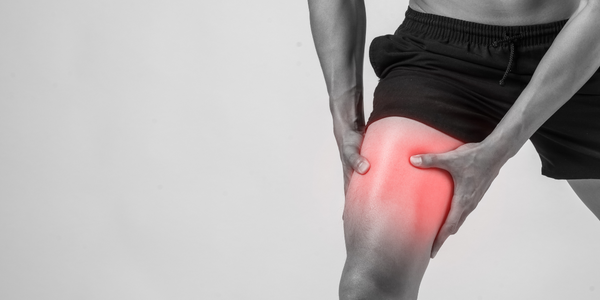
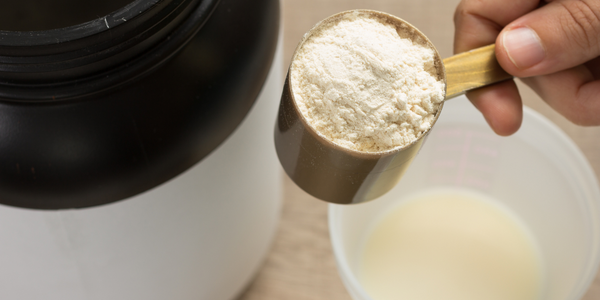
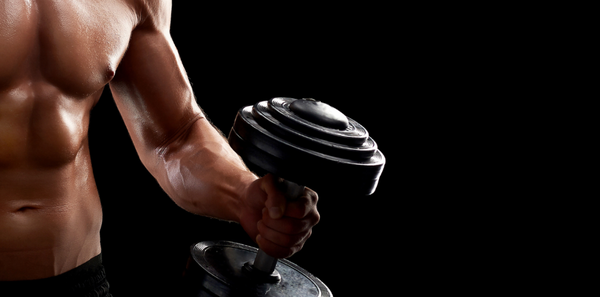
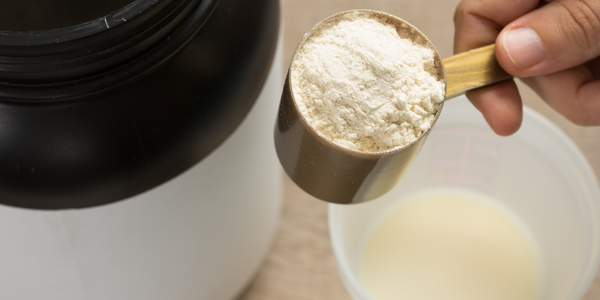
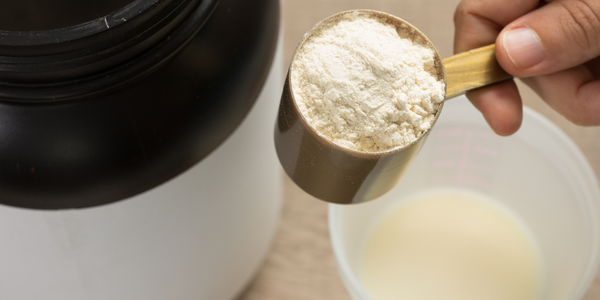

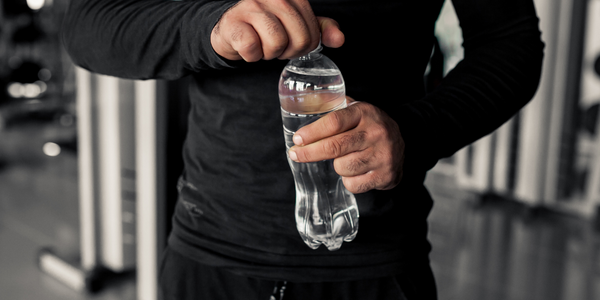
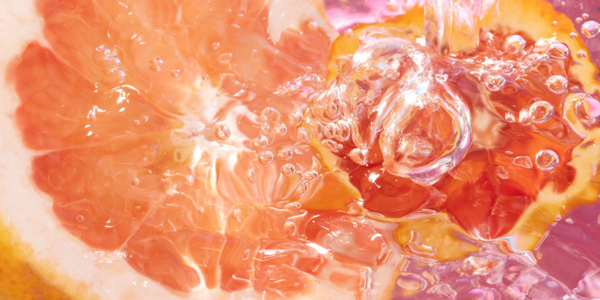
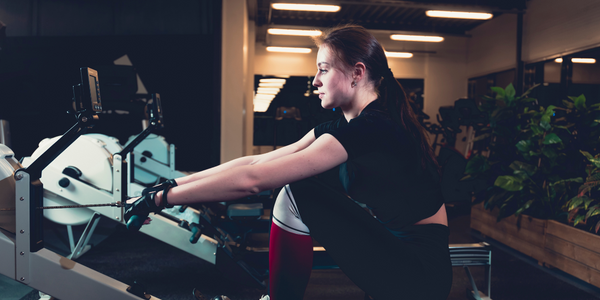






 DOWNLOAD NOW
DOWNLOAD NOW
